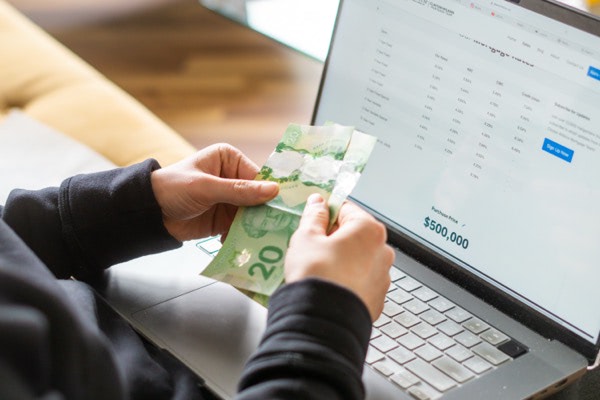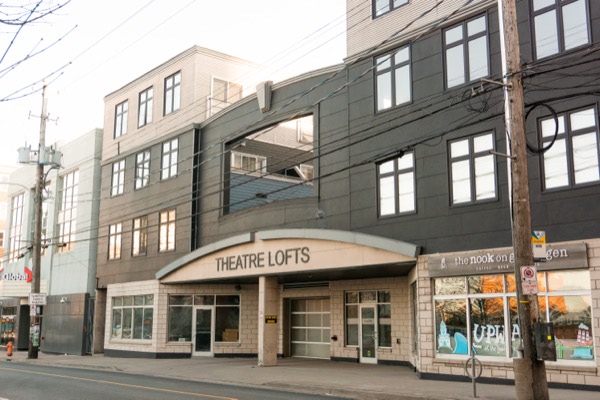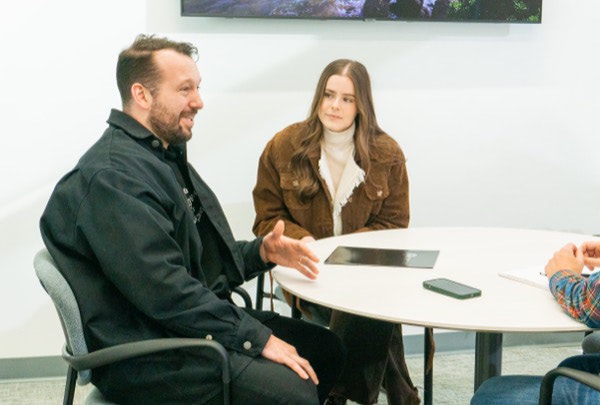You have secured your mortgage approval, but is it what you can truly afford? Here’s what you need to know.

How much do you need to save for a down payment?
Trying to save for a down payment on a home? As the biggest upfront cost of homeownership, saving for a down payment is a huge and important process. The question is, just how much do you need to save up? Down payment requirements vary, so it’s important to understand what you need to succeed in today’s market. Here’s what you need to know about saving a down payment and purchasing a home!
What are today’s down payment requirements?
Down payment requirements vary depending on the price of the home! It’s important to understand where your future property’s purchase price falls in terms of how much you need to contribute as a down payment upfront.
Homes that cost less than $500,000 have the lowest down payment requirements. Buyers must contribute five per cent of the property’s purchase price. If a home costs $450,000, for example, your down payment could be as low as $22,500. This is still a significant amount of money, but it is much lower than the requirements for more expensive homes.
Homes that cost between $500,000 and $1 million have slightly different rules. On the first 500,000, buyers can contribute five per cent. On the remaining amount, however, they must give 10 per cent. A $700,000 home would have a down payment of $25,000 plus $20,000 for a total of $45,000.
Finally, if a property costs more than $1 million, buyers must contribute a full 20 per cent on the entire amount. For example, a $1.2 million dollar home would require a $240,000 down payment.
Which path is right for you?
If down payments are so expensive for pricier homes, should you just stick with a more affordable house? While this is an option, you need to understand the details of these requirements. First, any down payment below 20 per cent needs to have mortgage default insurance added to it. This is an extra cost designed to protect your lender in case you are unable to make your payments. This premium is rolled into your monthly mortgage payments, raising the price beyond what you initially might have expected. While a 20 per cent down payment is a much larger upfront commitment, it saves you money in the long run. If you have the ability to make up a 20 per cent down payment, it’s often best to do so.
The other factor to consider is how soon you want to purchase a home. For people who want to start building home equity as soon as possible, a smaller down payment could be a good option. Since you won’t need to save as much, you can likely buy a home sooner than if you were to wait until you have a full 20 per cent saved up. On the other hand, if you aren’t in a huge rush to buy, it might make sense to wait and build your savings. This way, you can avoid needing to purchase mortgage default insurance, which would be a financial weight lifted off your shoulders.
How can you build your savings?
There are several approaches you can take to help save for a down payment. First, you should decide how large you want your payment to be. Once you know if you are aiming for a five, 10, or 20 per cent down payment, this will influence your future decisions. Next, we recommend setting up a savings account dedicated to building up your down payment. If you are a first-time buyer, the First Home Savings Account is a good option to look into. Contributions and withdrawals are tax deductible or non-taxable, allowing you to grow your savings more quickly.
It’s also a good idea to pay off some of your current debt if possible! Reducing your debt load will also limit the interest you owe on various loans, which can be a big drain on your finances. You can use this extra breathing room to save for your down payment. Finally, try to limit unnecessary spending as much as possible, and put extra money aside for your savings.
It’s not always easy to save for a down payment, and it certainly takes time. However, understanding the rules and restrictions, deciding on the right path, and forming a plan will all help you reach your goal as soon as possible. You should also work with a mortgage broker to ensure you get the most out of your home buying experience! We are here to help you find the perfect property, and guide you through securing the mortgage resources you need to call it home.
If you have any questions about your mortgage, get in touch with us at Clinton Wilkins Mortgage Team! You can call us at (902) 482-2770 or contact us here.


